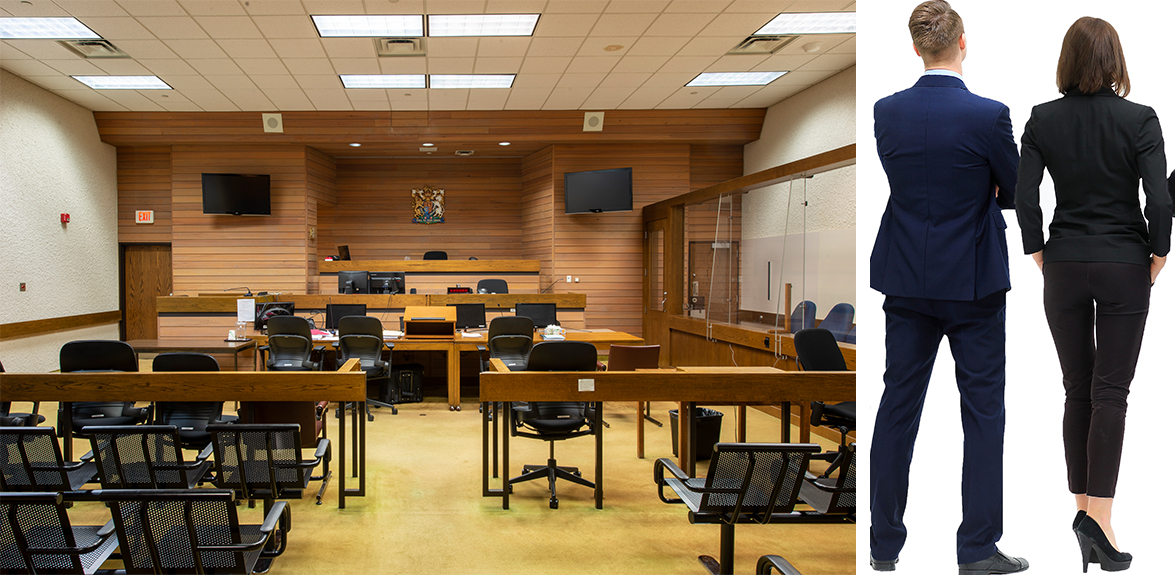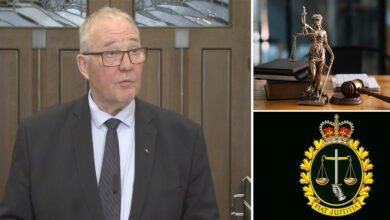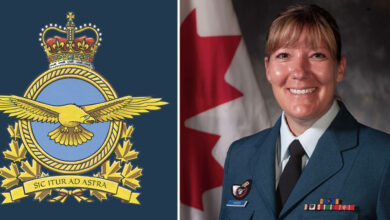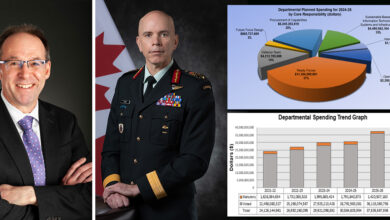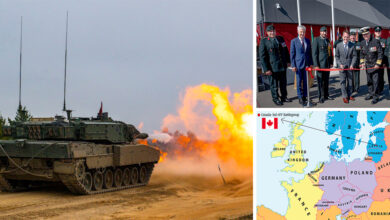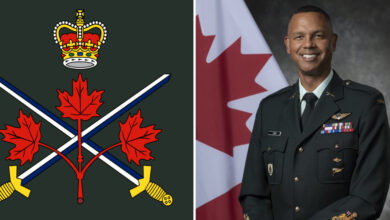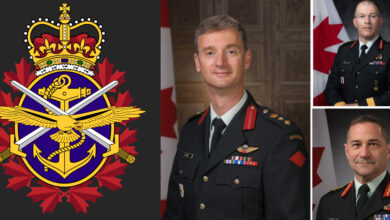Policy
New Dress and Duty Status During Civilian Court Proceeding Announced
Starting Dec. 1, Canadian Armed Forces (CAF) members will no longer be required to wear a uniform in civilian court proceedings, announced CANFORGEN 164/22.
“This modernized policy is aligned with many similarly-situated organizations, including Allied militaries and domestic police force,” stated the CANFORGEN.
The only exception to the new policy is if a CAF member is participating in a criminal, civil or administrative proceeding on behalf of the CAF or for the Crown in a military capacity.
Dress Under the New Policy
According to the new policy, CAF members attending court proceedings can now wear any attire that is deemed appropriate.
“Civilian courts retain jurisdiction in applying their own rules regarding decorum and CAF members shall abide accordingly,” read the CANFORGEN.
Any military member who wishes to still dress in uniform during a court proceeding must obtain permission first from their chain of command.
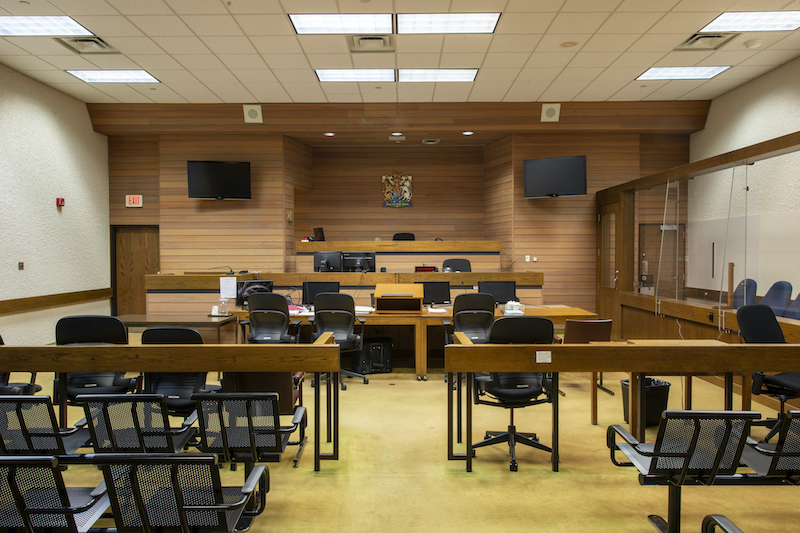
Commanding Officer to Consider
The CAF has outlined many points a commanding officer should consider when faced with a request to wear DEU 3. These considerations include:
- what is the nature of the proceeding,
- what is the role of the CAF member, and
- on whose behalf the CAF member is attending.
The Canforgen also outlines specifics a commanding officer should consider if the proceedings are criminal.
“In criminal court proceedings, the interest of other justice system participants, to include victims rights under Canadian Victims Bill of Rights and accused persons rights under the Canadian Charter of Rights and Freedoms such as the right to make a full answer and defense.”
Other considerations for a criminal court include the following:
- The availability of mechanisms outside the CAF to address the interests of other participants
Involvement of other CAF members; - The views brought forth by the victim and views brought forth by relevant stakeholder groups.
Exceptions for Representing the CAF
According to the CANFORGEN, a commanding officer will be required to determine whether the court proceedings are on behalf of the CAF or the Crown. It notes that the following are examples of CAF members considered attending court proceedings on behalf of the military:
- Participation is because of their role within the CAF. The CANFORGEN states, “For example, a financial officer testifying as to the findings of an audit they conducted.”
- Participation is directly on behalf of the CAF. “For example, testifying as a CAF representative during a civil lawsuit against the Crown,” stated the CANFORGEN.
- Military police testifying or attending court as part of an ongoing judicial process and are in attendance as a member of the military police.
The exceptions also include those providing legal assistance and indemnification, which has been authorized under the Treasury Board Policy.
CAF Members Dress
Those attending court proceedings on behalf of the military are not permitted to wear medals. Instead, they are instructed to wear DEU 3, “namely tunic and ribbons if entitled.”
The Canadian Forces Provost Marshal, according to the CANFORGEN, reserves the right to delegate the dress of MPs.


